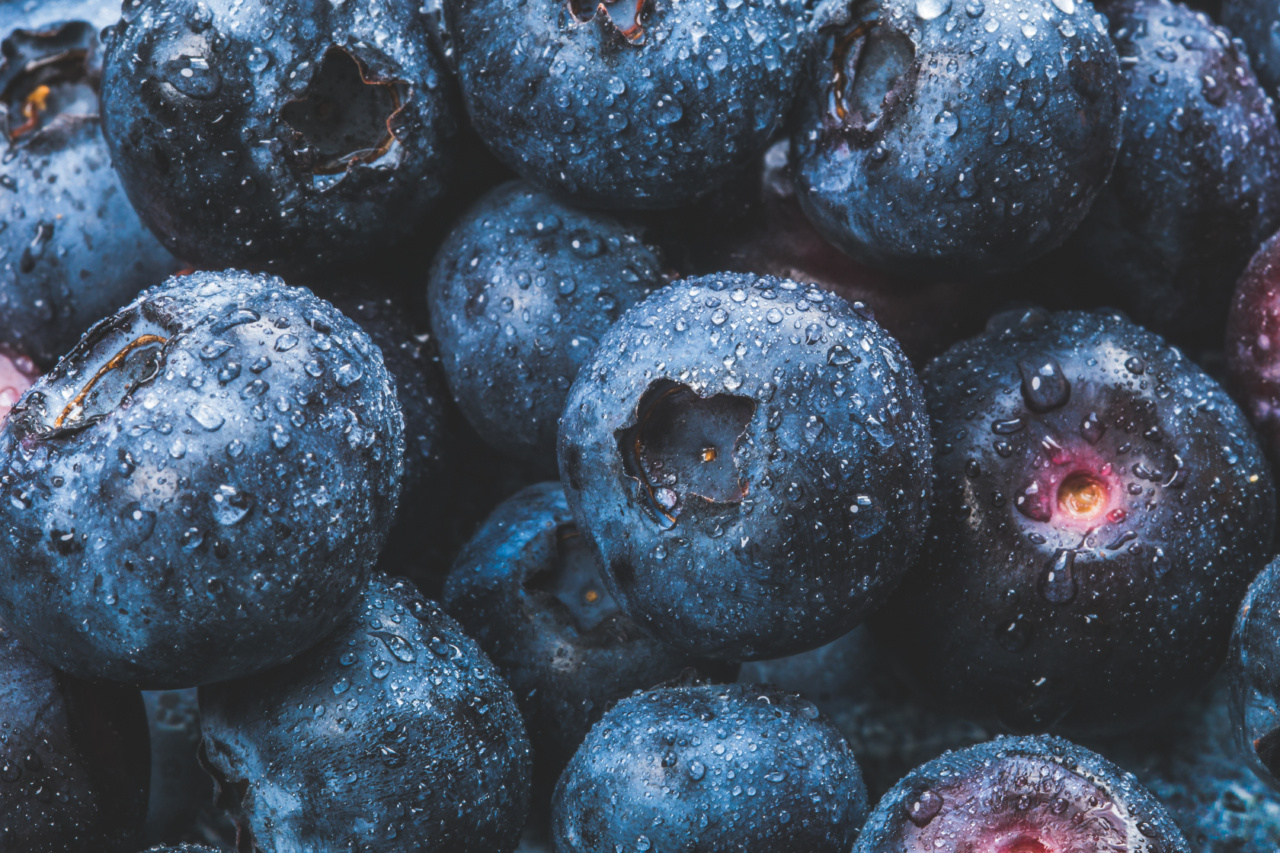In today’s fast-paced and stressful world, it’s not uncommon to feel overwhelmed, anxious, or even depressed. These feelings can take a toll on our mental and emotional well-being, making it essential to prioritize self-care.
While therapy, medication, and self-help techniques can be effective, one often overlooked aspect of mental health is the role of nutrition. The food we eat plays a significant role in our mood, energy levels, and overall mental health. In this article, we will explore how you can beat the blues by adopting a healthy diet.
Understanding the link between nutrition and mental health
Many studies have shown that there is a strong connection between nutrition and mental health. Our brains require a steady supply of nutrients to function optimally.
When the brain doesn’t receive the necessary nutrients, it can lead to imbalances in neurotransmitters, which are chemicals responsible for regulating mood. Additionally, certain nutrients play a crucial role in supporting the health of brain cells and protecting them from oxidative stress, inflammation, and other factors that can contribute to mental health disorders.
The importance of omega-3 fatty acids
Omega-3 fatty acids are essential for brain health and play a vital role in reducing symptoms of depression and anxiety. These healthy fats are found in fatty fish like salmon, mackerel, and sardines, as well as in flaxseeds, chia seeds, and walnuts.
Including omega-3 rich foods in your diet can help boost your mood and alleviate depressive symptoms.
Adding more fruits and vegetables to your diet
Fruits and vegetables are packed with vitamins, minerals, and antioxidants that help combat oxidative stress and inflammation in the body, both of which are implicated in mental health disorders.
Aim to include a variety of colorful fruits and vegetables in your meals and snacks to ensure you’re getting a wide range of nutrients that support brain health.
The role of complex carbohydrates
Complex carbohydrates like whole grains, legumes, and starchy vegetables provide a steady release of glucose, the primary source of fuel for the brain.
Including these foods in your diet can help stabilize your mood, prevent energy crashes, and promote a sense of well-being. Additionally, complex carbohydrates are often rich in fiber, which supports gut health. Emerging research suggests a strong link between gut health and mental health, so ensuring a healthy gut could have profound effects on your overall well-being.
Don’t overlook protein
Protein is essential for the production of neurotransmitters, such as serotonin and dopamine, which are known as the “feel-good” chemicals.
Including high-quality sources of protein in your diet, such as lean meats, poultry, fish, eggs, beans, and tofu, can help support optimal brain function and improve mood.
The power of hydration
Dehydration can have a negative impact on our mood and cognitive function. Maintaining proper hydration levels is crucial for optimal brain health and functioning.
Make sure to drink enough water throughout the day and limit your consumption of sugary beverages, as excessive sugar intake can lead to energy crashes and mood swings.
The Mediterranean diet and mental health
The Mediterranean diet, which is rich in fruits, vegetables, whole grains, legumes, nuts, seeds, and healthy fats, has been extensively studied for its many health benefits, including its positive effects on mental health.
Numerous studies have shown that individuals following a Mediterranean-style diet have a lower risk of depression and anxiety. This diet also encompasses moderate consumption of fish and a reduced intake of red meat, which further contributes to its mental health benefits.
The gut-brain connection
Emerging research suggests that there is a strong link between the gut and the brain, often referred to as the “gut-brain axis.” The gut is home to trillions of beneficial bacteria, collectively known as the gut microbiota.
These bacteria play a crucial role in digestion, nutrient absorption, and the production of neurotransmitters. It’s believed that imbalances in the gut microbiota can contribute to mental health disorders. Including probiotic foods like yogurt, kefir, sauerkraut, and kimchi in your diet can help promote a healthy gut and improve your mental well-being.
Limiting processed and sugary foods
While it’s important to focus on incorporating nutritious foods into your diet, it’s equally crucial to limit the consumption of processed and sugary foods.
Studies have shown that diets high in refined carbohydrates, sugar, and artificial additives can increase the risk of mental health disorders and worsen existing symptoms. Opting for whole, unprocessed foods and minimizing your intake of processed snacks, fast food, and sugary beverages can have a positive impact on mental health.
Supplements for mental health support
In some cases, it may be beneficial to supplement your diet with specific nutrients that support mental health.
Omega-3 fatty acid supplements, vitamin D, B vitamins, and magnesium are among the nutrients that have shown promise in improving mood and reducing symptoms of depression and anxiety. However, it’s important to consult with a healthcare professional before starting any new supplements, as they can interact with medications or have unwanted side effects.
Creating a sustainable and balanced approach to eating
When it comes to adopting a healthy diet for mental health, it’s essential to focus on sustainability and balance. Restrictive diets or extreme approaches can lead to nutrient deficiencies and negatively impact your mental well-being.
Instead, aim for a diverse and varied diet that includes a wide range of nutrient-dense foods. Listen to your body’s hunger and fullness cues, and prioritize mindful eating to fully enjoy and appreciate your meals.
Conclusion
Incorporating a healthy diet into your lifestyle is a powerful tool for improving your mental health and well-being. By choosing nutritious foods that support brain health, you can beat the blues and enhance your overall mood and happiness.
Remember, it’s not just about what you eat, but also how you eat. Prioritize self-care, and give yourself permission to enjoy meals that nourish both your body and mind.





























